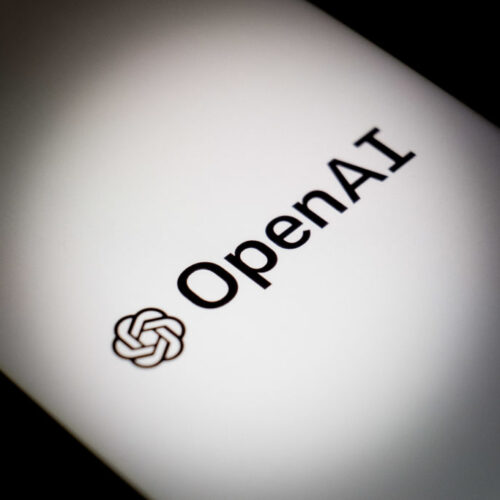Music labels will regret coming for the Internet Archive, sound historian says
On Thursday, music labels sought to add nearly 500 more sound recordings to a lawsuit accusing the Internet Archive (IA) of mass copyright infringement through its Great 78 Project, which seeks to digitize all 3 million three-minute recordings published on 78 revolutions-per-minute (RPM) records from about 1898 to the 1950s.
If the labels' proposed second amended complaint is accepted by the court, damages sought in the case—which some already feared could financially ruin IA and shut it down for good—could increase to almost $700 million. (Initially, the labels sought about $400 million in damages.)
IA did not respond to Ars' request for comment, but the filing noted that IA has not consented to music labels' motion to amend their complaint.


© harrisale | iStock / Getty Images Plus

